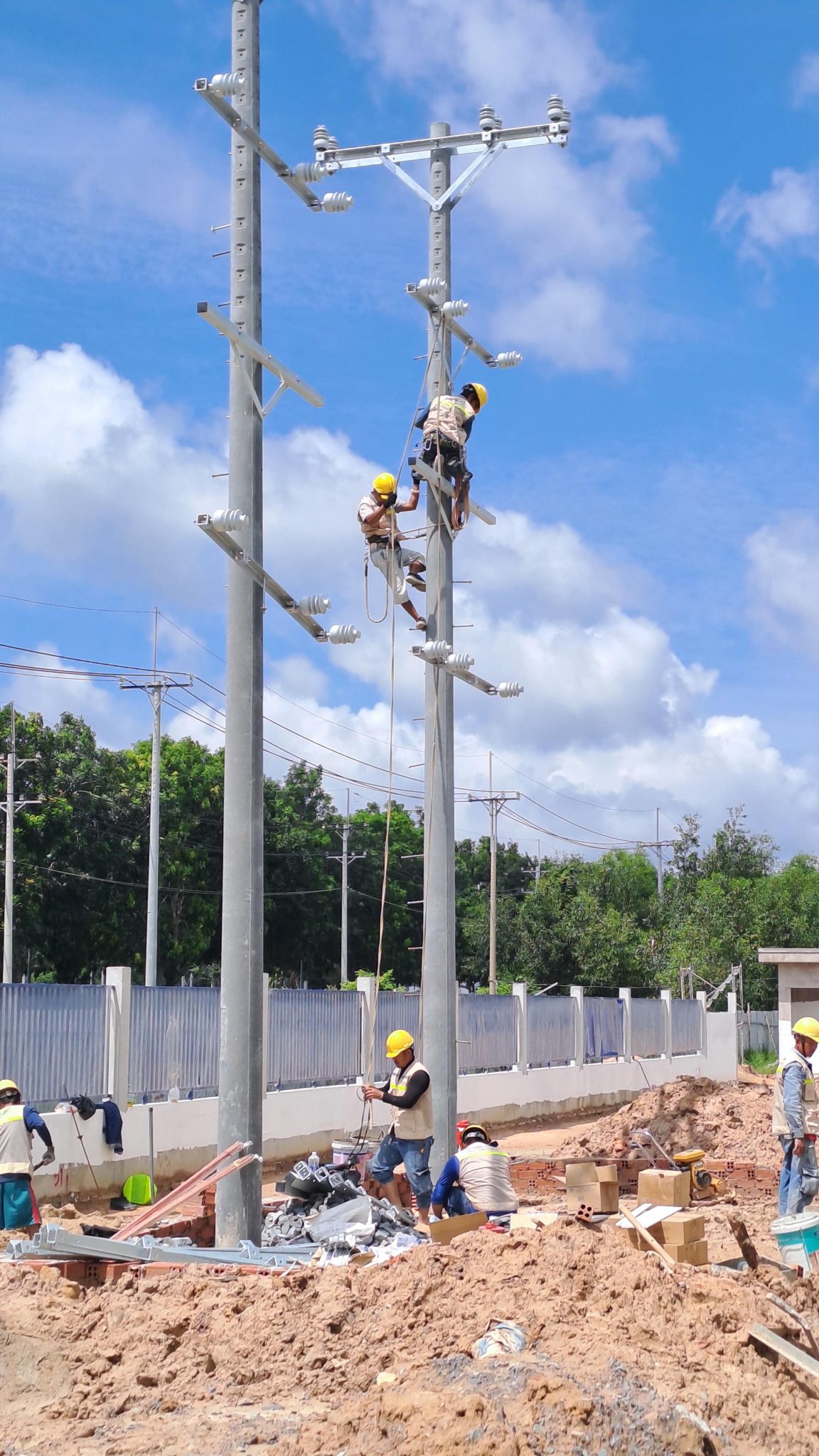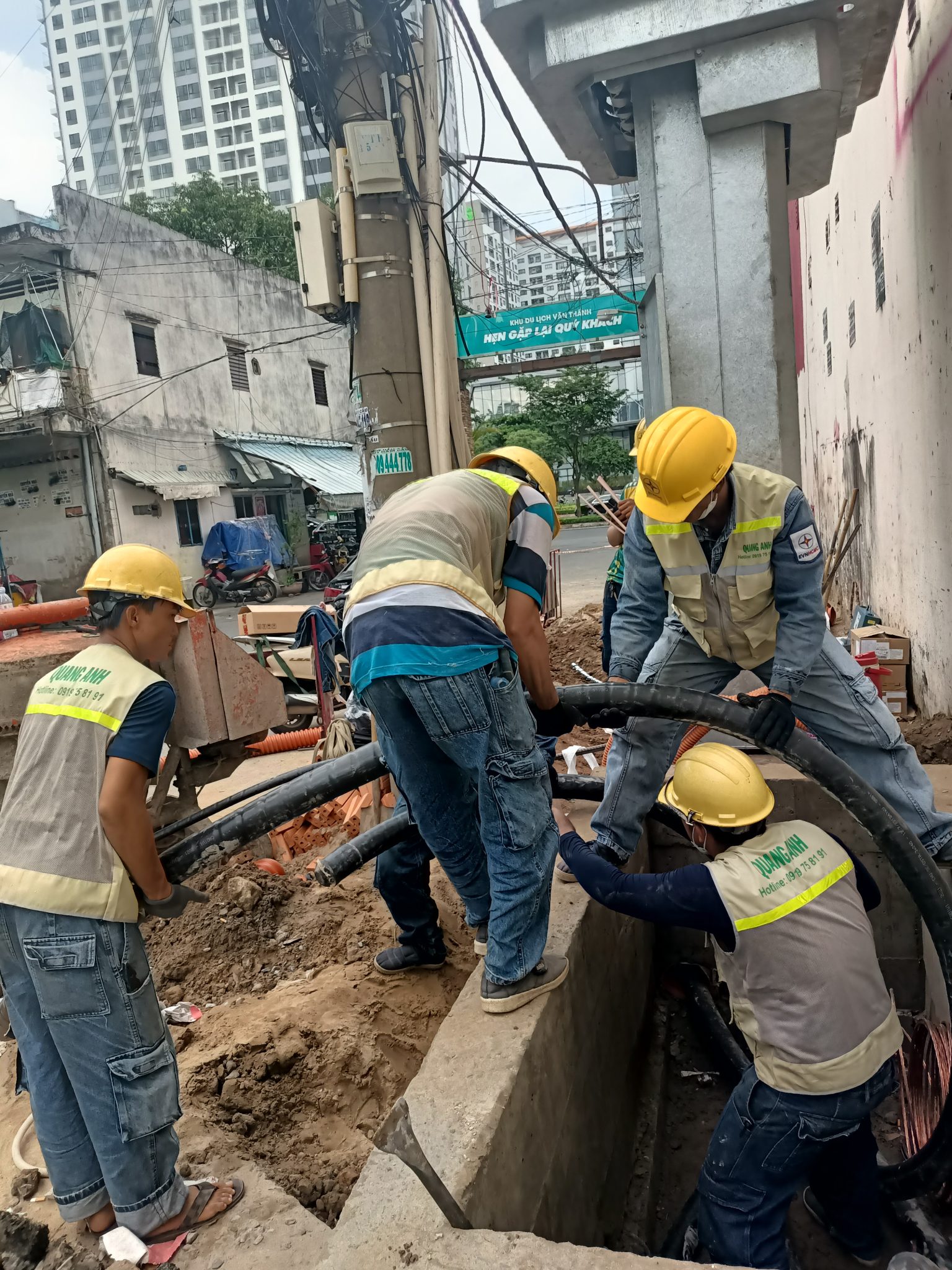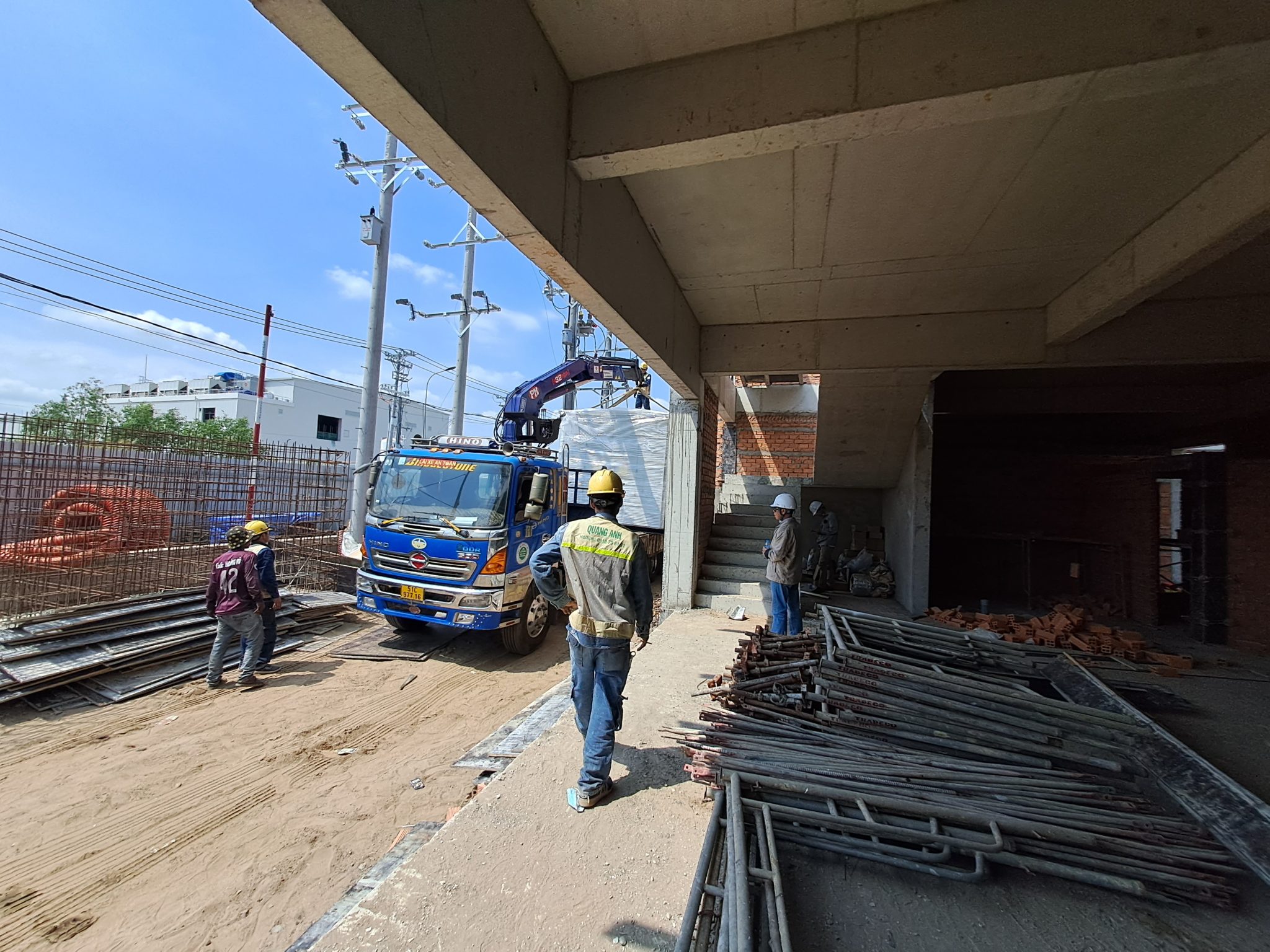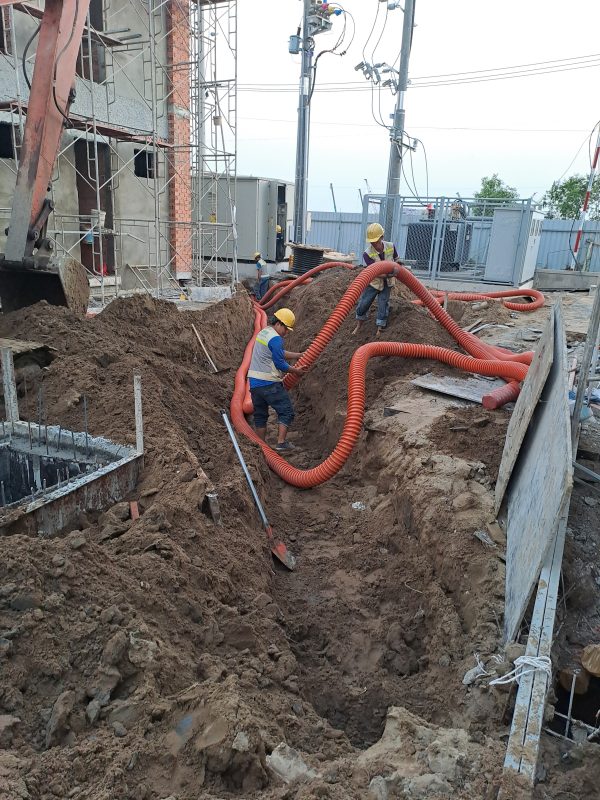Explore the technical aspects and design factors influencing the price of 240kW charging stations, including power configurations, technical requirements, and technology benefits.

Technical Requirements for Fast Charging Stations
Technical requirements for fast charging stations extend beyond 240kW technology, encompassing electrical safety standards, intelligent system integration, and infrastructure expandability. These factors significantly impact the 240kW charging station’s price and cost structure of high-power charging, ensuring long-term stable operation.
Fast charging stations are vital in modern transport infrastructure, particularly for electric vehicles. To ensure optimal performance, these stations must meet key technical standards:
-
Power and voltage standards: Fast chargers typically use high-power DC sources ranging from 80kW to 400kW, with voltage between 50-1000V. Notably, Level 3 standards involve converting AC to DC for direct battery charging, with maximum power reaching 400kW.
-
Simultaneous charging capability: New standards require fast charging stations to have at least four ports for charging four electric vehicles simultaneously, optimizing time and operational efficiency.
-
Electrical and safety requirements: Quality cables, panels, and personal protection and monitoring equipment are crucial to prevent electrical mishaps such as overloads. Adhering rigorously to electrical safety station standards is paramount.
-
Charging area design: The area should be simple and user-friendly, with a robust concrete base, clear signage, and adequate lighting. Wires and ducts should be embedded or concealed for safety and aesthetics.
-
Connection standards and charging protocols: Compliance with international standards like IEC 61851-1 for charging modes, plus additional standards like SAE J3068 and SAE J3105, ensures reliable connections between grid, charger, and vehicle.
-
Management and fault handling systems: Charging stations should include systems for monitoring charging data and prompt fault detection, ensuring safety and extending the lifespan of the station and charging equipment.
In summary, building and maintaining efficient fast charging stations demands a blend of factors from voltage capacity to safety management solutions.

Benefits of Fast Charging Technology
Fast charging technology offers numerous advantages for users and investors, such as reduced charging time, optimized station infrastructure, and enhanced user experience. Moreover, adopting advancements in 240kW charging technology can minimize operating costs and help protect the environment through efficient energy utilization.
- Time efficiency: Fast charging significantly cuts waiting times, minimizing charging duration compared to conventional methods, allowing users to continue usage uninterrupted.
- Convenience: Fast charging enables quick battery replenishment, crucial for busy individuals or frequent travelers who are time-constrained.
- Battery and device protection: Modern fast charging technology incorporates safety mechanisms like temperature and current control to mitigate overheating and battery wear, ensuring battery longevity and optimal device performance.
- High usage efficiency: Rapid charging allows devices like phones and tablets to maintain performance efficiency, reducing wait times for recharge, assisting users in work or entertainment scenarios.
- Integration of advanced technology and high reliability: Standards such as Power Delivery (PD), Qualcomm Quick Charge, VOOC, and Fast Charging facilitate smart device-charger interaction, guaranteeing safe, stable, and efficient charging.
When using fast charging technology, selecting compatible chargers and devices is crucial to maximizing benefits without compromising battery life or causing overheating issues.

The 240kW charging station not only delivers economic benefits but also optimizes energy use and enhances competitive edge. The advantages brought by fast charging technology highlight its role in long-term investment strategies.
Contact QuangAnhcons via Hotline: +84 9 1975 8191 for advice on 240kW charging stations and optimal energy solutions.
QuangAnhcons provides a full suite of 240kW charging station solutions, including design, installation, and maintenance, ensuring quality and cost optimization for clients.
[contact-form-7 id="7239967" title="Contact form 1"]


Related Posts
Tay Ninh Solar Power Planning: Technical Framework, Grid Interconnection, and Rollout Roadmap
Technical overview of solar planning in Tay Ninh: irradiation, grid capacity, permitting, design, operations, and [...]
Dec
Binh Duong Solar Planning: Regulatory Framework, Grid Interconnection, and an Implementation Roadmap for Factories and Industrial Parks
An overview of Binh Duong solar planning: legal framework, interconnection, design, risk management, and an [...]
Dec
Solar Farm Repair: O&M Workflow, IV Curve Diagnostics, Thermography, Inverter Service and Utility-Scale Safety
A utility-scale solar farm repair plan centered on O&M, IV curves, thermal imaging, inverter service, [...]
Dec
Dong Nai Solar Power Plan 2023–2025: Tri An 1,029 MW, Grid Upgrades and the DPPA Pathway
A complete look at Dong Nai’s solar power plan: Tri An 1,029 MW, irradiation potential, [...]
Nov
Quang Ngai Solar Power Plan 2024–2030: Legal Framework, Irradiance Potential, and Development Roadmap
A complete look at Quang Ngai’s solar power plan: capacity targets, irradiance (PVout), development zones, [...]
Nov
Solar Damage Assessment Services: On-Site Procedures, EL/IV/Thermography Testing & Compliance with Standards
Discover IEC/UL/NEC standard solar damage assessment processes: on-site evaluation, EL and IV curve testing, thermal [...]
Nov
Comprehensive Package Estimate for a 1800MVA 500kV Substation: Scope, Configuration 3x600MVA, Standards and Timeline Management
An overview of the 1800MVA 500kV substation estimate: construction scope, configuration 3x600MVA, GIS/AIS, SCADA, standards, [...]
Nov
Factory Electrical Systems: Comprehensive Design and Implementation Guide
Discover the detailed and safe process of factory electrical systems design and implementation. [...]
Oct
Blueprints Required for Factory Construction Permits
Discover the necessary blueprints in factory construction permit applications, from floor plans to electrical and [...]
Oct
What Are the Requirements for a Factory Construction Permit? A Comprehensive Guide
Explore the documentation and steps needed to secure a factory construction permit for streamlined project [...]
Oct
Factory Construction Permit Procedures in Vietnam: Essential Guidelines and Documents
Learn the procedures for securing a factory construction permit in Vietnam, focusing on document preparation [...]
Oct
Key Steps in the Factory Construction Process
Discover the essential steps and requirements for building factories. [...]
Oct
Comprehensive Electrical Substation Solutions by Quanganhcons
Discover the cutting-edge electrical substation solutions offered by Quanganhcons for industrial applications. [...]
Oct
Investment Costs for a 1MWp Solar Power System and Influencing Factors
Explore the investment costs for a 1MWp solar power system in Vietnam and the influencing [...]
Sep
QuangAnhcons: Elevating Wind Energy Solutions
Explore QuangAnhcons' leadership in wind energy and renewable solutions in Vietnam. [...]
Sep
Electrical Contractor Strategies at Becamex Industrial Park
Discover the strategic advancements and partnerships of the electrical contractor at Becamex Industrial Park. [...]
Sep
Investment Insights for 1MW Wind Energy in Vietnam: Costs and Opportunities
Discover the detailed analysis of costs and opportunities for investing in 1MW wind energy projects [...]
Sep
Advanced Electrical Installation Solutions by QuangAnhcons
Explore advanced electrical installation solutions and modern technology with QuangAnhcons. [...]
Sep
Enhancing Industrial Electrical Services with Quanganhcons
Discover Quanganhcons' expertise in industrial electrical services, offering efficient and sustainable power systems. [...]
Sep
Comprehensive MEP Solutions by QuangAnhcons: From Design to Maintenance Excellence
Discover optimal MEP solutions with QuangAnhcons, dedicated to excellence from design through maintenance. [...]
Sep